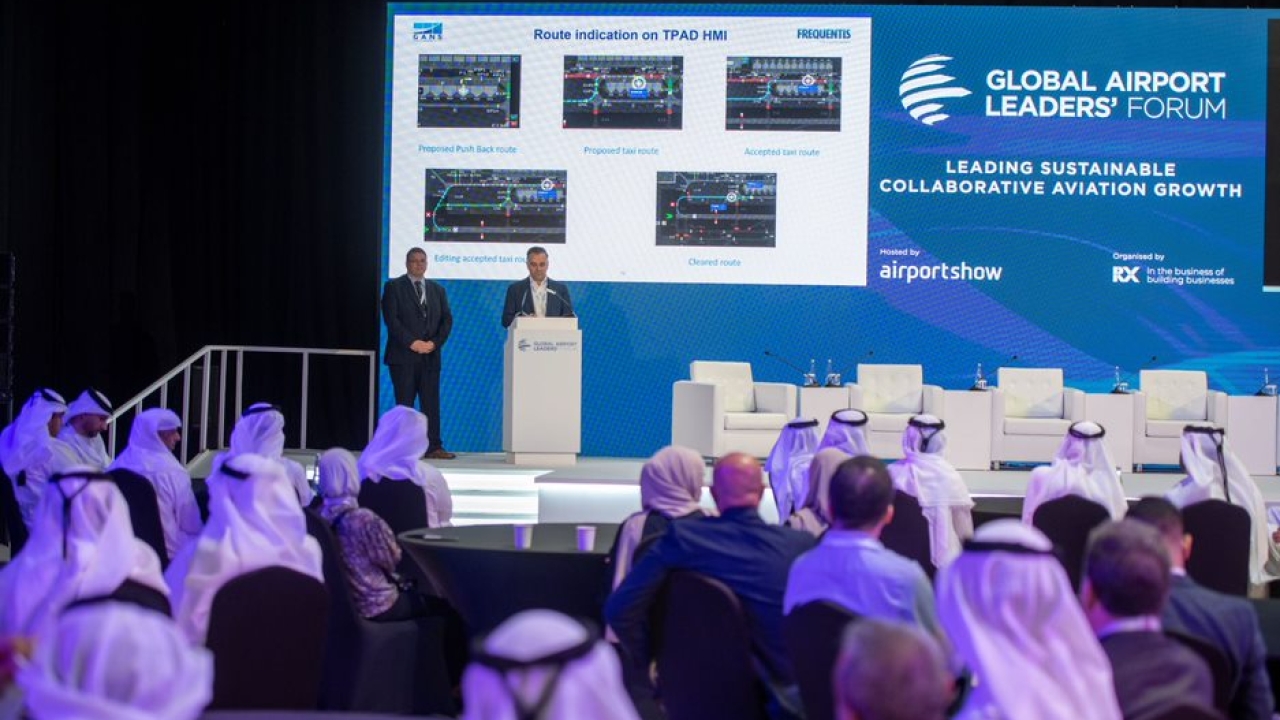Emirates Space Innovation Group kicks off with inaugural workshop

The group has been established to develop the science, technology and innovation capabilities in space sector in the UAE and to coordinate projects being undertaken by stakeholders across the space sector, including government entities, corporate elements, universities, and research facilities.
ESIG aims to maximise national space-faring capabilities, with the ultimate objective of further improving the UAE’s space sector involvement in and collaboration with future projects funded by the UAE Space Agency.
Among the most significant outcomes of the inaugural session was the development of a science technology innovation roadmap. In addition, a survey was established to determine UAE space sector capabilities in relation to the most current international developments, and to outline opportunities for research and development.
Khalifa Mohamed Al Romaithi, chairman of the UAE Space Agency, said: “ESIG is the manifestation of our strategic vision and core values, as well as being aligned with the UAE Vision 2021 and contributing to further economic diversification. Firstly, ESIG will consolidate our national space-faring and research capabilities, ensuring that the UAE takes its place at the forefront of the space sector — both regionally and internationally. Secondly, by working with universities, satellite operators and industry we are developing our practical commitments to the next generation and contributing to the human potential of the UAE.”
He added: “By successfully conquering the unknown throughout our space exploration missions and research programmes, we are contributing to the pride our citizens feel for the UAE as a rapidly-developing space-faring nation.”
The group is led by a committee that meets twice a year and is headed by the UAE Space Agency Director General, Dr. Mohammed Al Ahbabi, and other members. This directs the main ESIG body, chaired by the Director of Space Missions Management, Khaled Al Hashmi, which includes all member bodies from universities, satellite operators and industry and gathers on a quarterly basis. Situated below this are three coordination task forces that themed in space science, technology, and exploration.
The workshop sessions included proposals for involvement in space missions and projects, including design and build of CubeSat and microsatellites planned for operational plan 2017-2021. Some of the entities present were Masdar Institute, Khalifa University, Sharjah Center for Astronomy & Space Sciences, Strata, Tawazun Precision Industries, Thuraya, and YahSat
Dr. Al Ahbabi said: “We strive to incorporate a diverse range of creativity and ingenuity so that we can remain as innovative as possible. Participants on Thursday’s session submitted proposals on a range of topics, including commercially viable space capabilities, deep space research, earth science research, and transformational space technologies.”
He continued: “We believe that the space sector as a whole is greater than the sum of its parts. As such, this first workshop has proven to be an exciting opportunity that succeeded in bringing together some of the best minds in the country — all of whom were joined together under the common vision of space exploration and research.”
The event also represented efforts for the Space Agency to operate as a hub, highlighting the importance of networking in the sector. As such, the Agency seeks to facilitate coordination between companies and entities that might otherwise be competitors.
Jasser Salam Nasser, chief strategy officer at Thuraya, said: “This is a brilliant initiative — it has been eye-opening for us to see what others in the sector are achieving. ESIG is a significant development for the space sector on the whole, and we look forward to cooperating with our colleagues in the field.”
Another key area that was discussed throughout the two-day conference is the importance of education to the UAE space sector. Several participants stressed the need to prepare the next generation for cutting-edge scientific research by improving bilateral ties between schools, universities, and companies involved in the research and safe utilisation of space.
Professor Lakmal Seneviratne of Khalifa University Robotics Institute said: “I really appreciated the networking opportunities between universities and industry today. I think there’s a great opportunity going forward to create a space ecosystem in the UAE. With the Space Agency playing a coordinating role, I think the future looks bright for space in the UAE.”
Dr. Hamdi Sheibani, Chair of Mechanical Engineering at Abu Dhabi University, added: “We are planning to establish specific programmes, such as aerospace programmes, so that local and foreign students can contribute to UAE Space Agency missions.”
Stay up to date
Subscribe to the free Times Aerospace newsletter and receive the latest content every week. We'll never share your email address.

